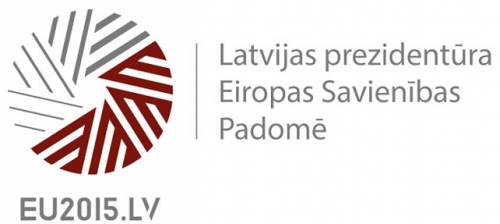 What is the problem? What is the link to local policy?
What is the problem? What is the link to local policy?
In Switzerland, beekeeping is mainly a hobby which is of high importance for the country’s plant diversity and agricultural production. However, beekeepers are generally not rewarded for the services that they provide. The number of beekeepers and bee colonies have strongly decreased.
Today, the average density of the bee population in Switzerland is considered to be adequate enough to still assure a sufficient pollination of cultivated and wild plants. However, there are regions which have been hit hard by mass mortalities of bees in the last few years. In such areas, bee populations have already reached a critical mass.
Which ecosystem services were considered and how?
Fluri and Fricke (2005) focussed their research on the provision of the bees’ services for Swiss agriculture; namely the pollination of cultivated plants. To understand the importance of bees for the Swiss agricultural production, the authors estimated the economic value of the pollinating service provided by Swiss bees: They looked at the value of the total harvest of Swiss fruits and berries, which rely on insect pollination.
What policy instrument builds upon this ecosystem service information?
After several years of honey bee mass mortalities in Switzerland and all over the world, the results of the valuation study by Fluri and Fricke (2005) attracted official attention. The value of bees and their pollination service became evident and policy makers reacted with the formulation of a concept to promote bees and beekeepers in Switzerland. On the one hand, this concept provides funds for an extension of the research on bees, while on the other hand financial support is ensured to facilitate a professional sector organisation (bee health service, support for breeding and education).
Information prepared within the project "Non-governmental sector participation in the international conference" EU Biodiversity strategy implementation "" financed by Latvian national budget-funded program "Support for public participation in the Latvian Presidency of the Council of the European Union implementation" and administered by the Society Integration Foundation.

Additionally, single cantons also developed concepts to support beekeepers in their territory. Since 2008 the Canton of Fribourg, for example, financially supports the beekeeping sector. Each newly recruited beekeeper, who owns at least five colonies, is subsidized with 1,500 CHF (1,250 US$) in total over a period of three years.
